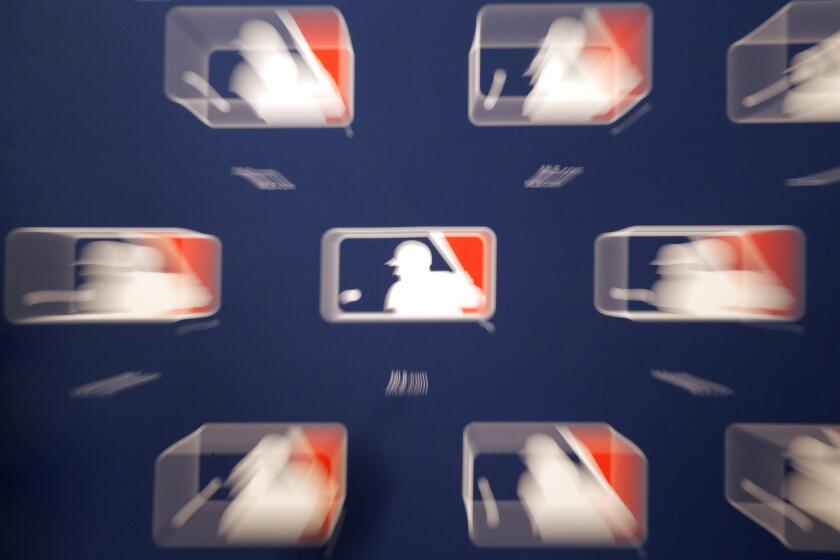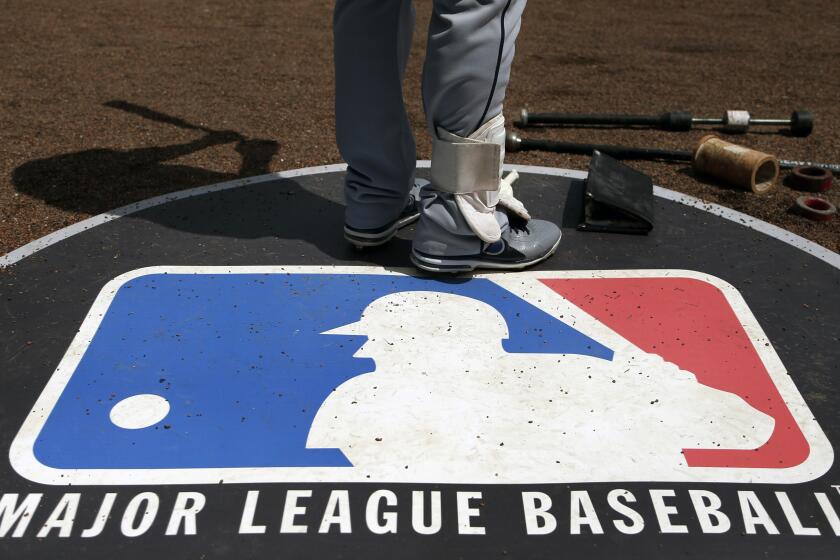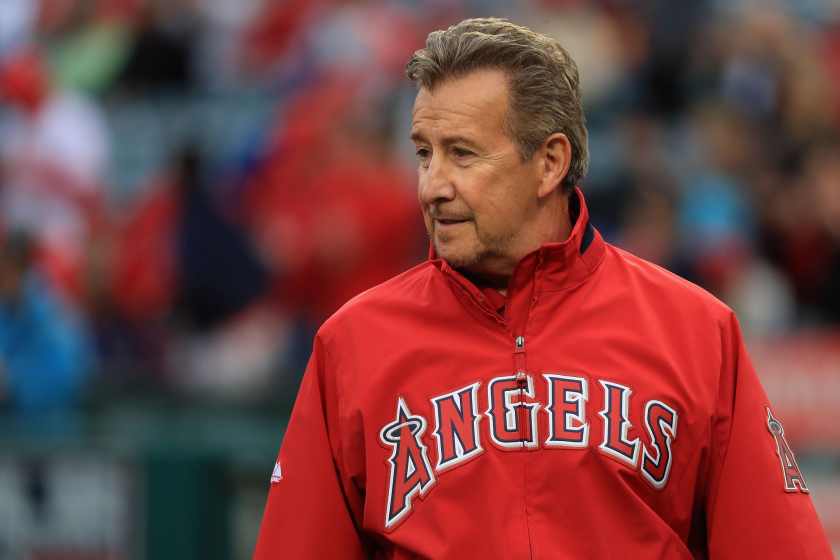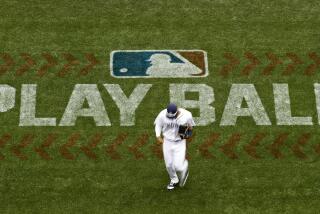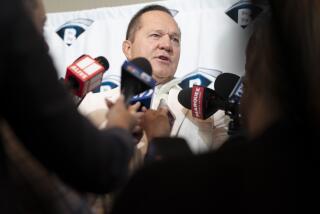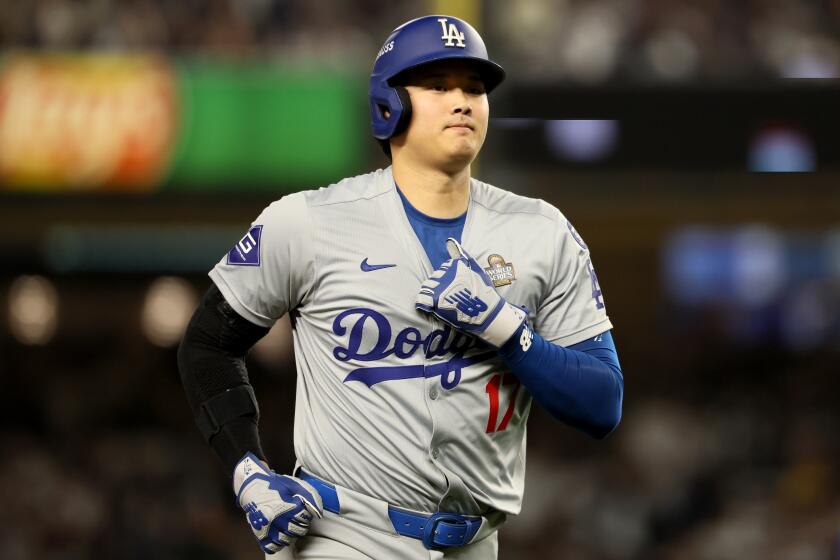MLB labor negotiations veterans admit this round is unique because of COVID-19
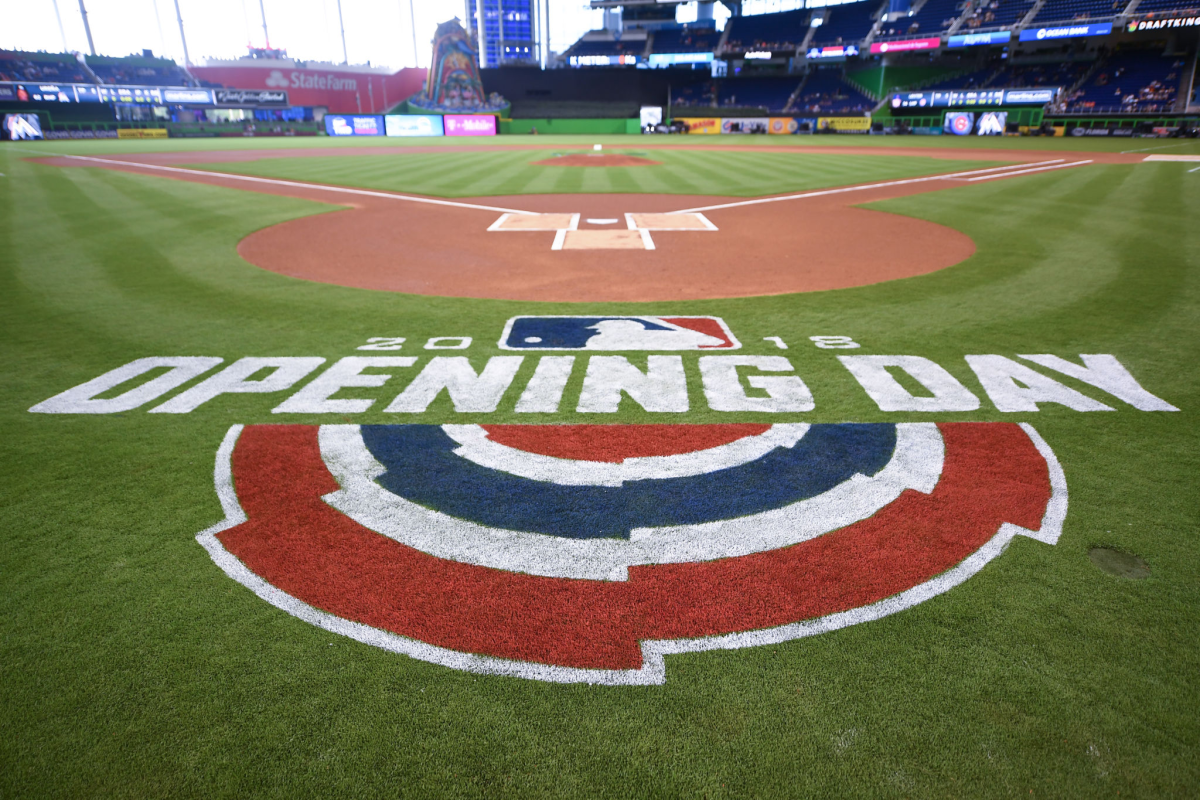
Some of Gene Orza’s most productive negotiating happened away from the bargaining table.
A key Major League Baseball Players Assn. executive during three different player strikes before retiring in 2011, Orza misses that part of the job: coffee-break conversations with opposing negotiators, compromises struck over donuts, a quick glance or pointed gesture that sends a message louder than words.
“I’ve been in conversations outside of a room with a [MLB] management lawyer, where we scripted what we were going to say inside,” said Orza with a chuckle during a recent phone call.
His point: “It’s much harder to negotiate something, particularly on a complex subject, when you’re not in the same room together, when you’re not taking breaks together, when you’re not caucusing near each other.”
Yet, that’s exactly what MLB and its players’ union are doing right now, going back and forth on the phone, and over video chats amid their most tense negotiations in a quarter century. Weeks into discussions, there remains no imminent resolution on player compensation and the number of games in an abbreviated 2020 season postponed by the COVID-19 pandemic.
Instead, it’s clear that the virtual setting isn’t the only factor distinguishing these conversations from the sport’s labor relations history.
“This,” Orza said, “is a completely different negotiation.”
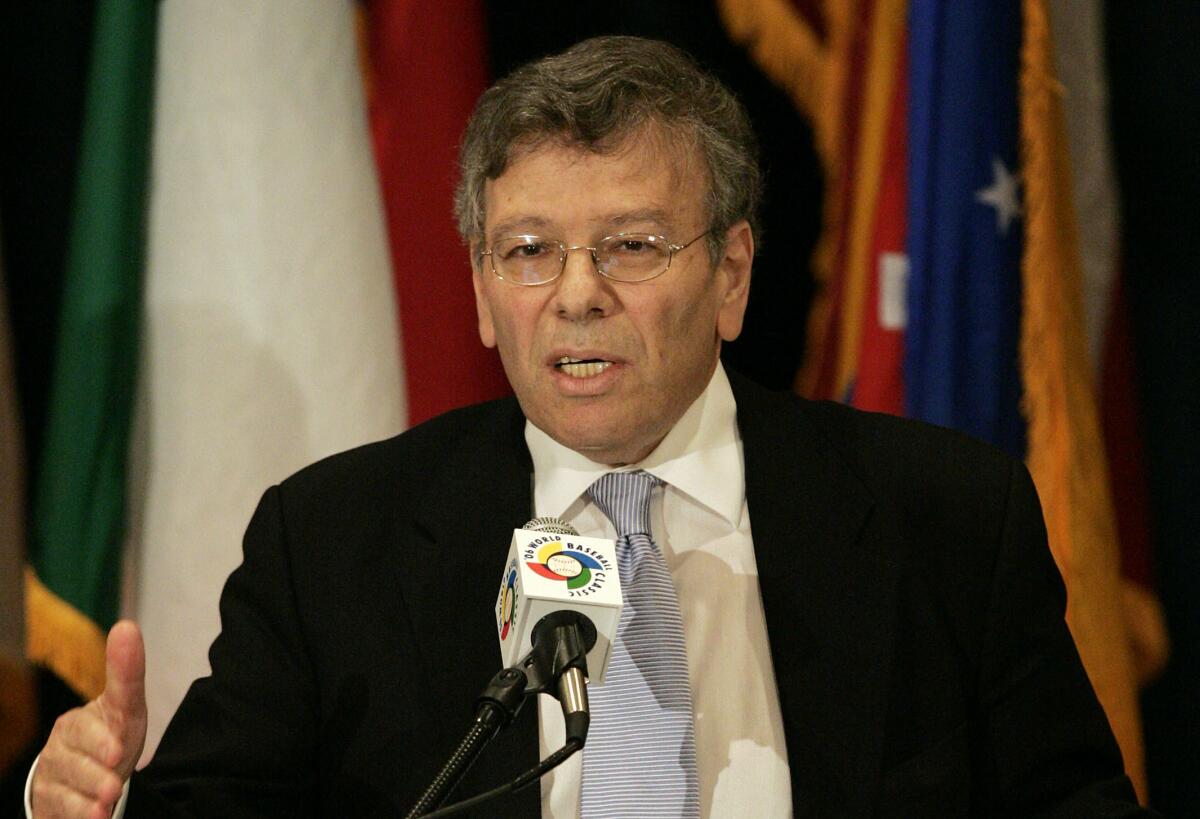
Andrew Zimbalist, a leading sports economist at Smith College who has studied the topic extensively and advised both the league and union, recently offered a CliffNotes version of the sides’ fraught relationship:
A Supreme Court antitrust exemption granted to MLB in the 1920s, he said, led to decades of generally “arrogant and inefficient” ownership that didn’t face coordinated player pushback until Marvin Miller, a veteran auto and steelworker union negotiator, took over the MLBPA in 1966.
From there, the league and union embarked upon decades of dissension, deceit and distrust, leading to repeated work stoppages and lawsuits over the removal of the reserve clause and the owners’ failed attempt at creating a salary cap. It all came to a head in the fall of 1994, when the MLBPA, by then led by Donald Fehr, went on strike and the owners canceled the remainder of the season.
Players would make a collective $200 million more than if the league imposed a 50-game season under the plan MLB sent to the players union Monday.
Since then, Zimbalist said, “the sides have learned quite well how to communicate and get along with each other. That’s not to say it’s a love fest and Kumbaya every time they get together, but it’s been very functional and largely cooperative.
“Then, along comes the coronavirus.”
And with it, a whole new type of labor unrest.
For this one bizarre summer, let’s embrace the crazy with a 50-game Major League Baseball regular season, followed by a 22-team tournament.
Some of the current rhetoric is reminiscent of past disputes. Players balked at a revenue-sharing proposal they claimed to be a de facto salary cap. Some owners are reportedly OK with canceling the season.
But in other ways, the sides’ current disagreements make for an apple-and-oranges comparison to those that came before it.
Richard Ravitch, who led MLB’s negotiating efforts during part of the 1994 strike, recalls how fractured relationships among the owners themselves, many of whom were struggling to remain financially sound, complicated his negotiations efforts.
“The numbers were out of control,” Ravitch said. “There were a lot of owners who were covering losses.”
Zimbalist points out how a sharp increase in player salaries has altered the union’s once working-class approach.
“In the ‘70s and ‘80s, when this union ideology was formed, it was done in a situation where the players were essentially treated as chattel by the owners,” he said. “But it has dissipated over time … These players are not members of the proletariat, and they don’t have a proletarian ideology.”
Dan Horwits, a baseball agent for 32 years, also believes health concerns have changed the calculus of current negotiations.
Amid the coronavirus shutdown, the Angels will pay their minor league players at least through the end of June.
“There are similarities [to the 1994 strike] because of the work stoppage, with players being concerned about their own livelihood and their families and how they’re gonna make it to their next paycheck,” he said. “But there is more now to consider for players in terms of health. You’re worried about your wives, you’re worried about your children, you’re worried about mom and dad, you’re worried about grandparents.”
And even though Orza believes a certain level of “kinship” exists between generations of players, his negotiations benefited from having players who’d been “involved in previous work stoppages,” he said. “You can always turn to them.”
All these factors have Orza fearing that current talks are “less likely to succeed” — a scenario Zimbalist said will have no winners.
“It’s a very perilous game for both sides,” he said. “They can huff and puff as much as they want, but I think baseball’s health is dependent on them getting back [on the field].”
Times staff writer Maria Torres contributed to this report.
More to Read
Go beyond the scoreboard
Get the latest on L.A.'s teams in the daily Sports Report newsletter.
You may occasionally receive promotional content from the Los Angeles Times.

